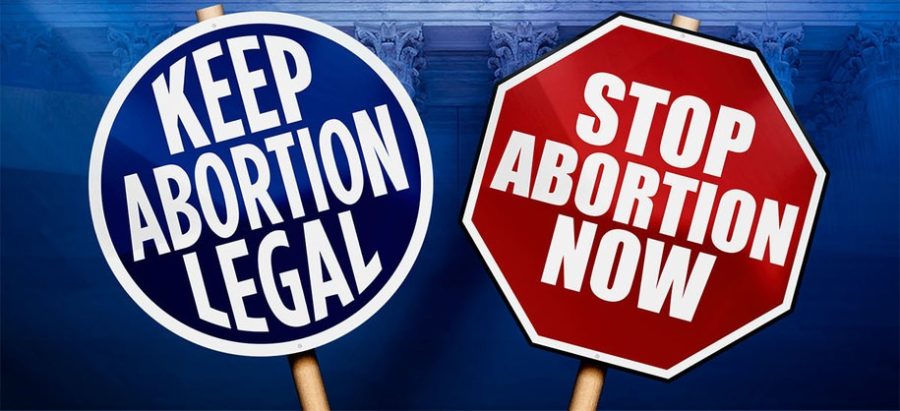Is Abortion Okay?
Abortion is being heavily discussed in politics right now, and the nation is completely divided. Some people say it is a woman’s right, others say it is wrong, and some people, such as myself, are not sure. When I first heard about it, I was not so sure because I was wondering why anyone would want to abort a child. However, because I barely knew anything about the topic, I decided to look into it more and do some research before discovering other opinions.
According to a Gallup poll from 2017, 48% of Americans identify as pro-choice and 48% of Americans identify as pro-life. However, it is much more complicated than simply choosing to be pro-choice or pro-life because there are many factors that go into making such a decision. For example, opinions tend to differ when it comes to certain circumstances and how many weeks the pregnancy has progressed. To be more specific, according to the Gallup poll, of the 79% of Americans who thought abortion should be legal, 50% thought only under certain circumstances and 29% under all circumstances. Furthermore, 20% of Americans supported legal abortion during the third trimester if the woman did not want the child. Finally, 83% of Americans supported legal abortion if the woman’s life was in danger due to the pregnancy during the first trimester.
No matter the facts and statistics, individual people, even if they identify with one label or the other, seem to have complicated opinions. Personally, I tend to always hear extreme opinions, some along the lines of, “It is the woman’s right no matter what,” or, “Abortion is wrong.” It seems as though the ones who have varying opinions tend to stay more silent. Most people on any point of the spectrum seem to believe abortion is only okay sometimes.
While trying to get a variety of viewpoints, I tried interviewing a wide range of ages. In an interview, a female middle schooler, who identifies as pro-choice, explained she would not “want people having random abortions, but [that] there are specific situations where someone might need an abortion.” She goes on to explain that the “pregnancy could be harmful to the child or the mother” and made an interesting point saying that if there were no restrictions on abortion laws whatsoever, people may abuse it and have abortions for no good reason. Similarly, an older male, who chooses not to identify with either viewpoint, said, “If you’re going to abort [the baby] just for convenience that’s wrong.” He explained that he does not think it is necessary to take a baby’s life but “if the baby will not have a decent life or if the mother is going to die, it might be necessary.” A similar statement was made by an older female saying, “Yes it is ok to have an abortion, but not at the convenience of Mom or Dad…” Finally, a female upper schooler who leaned more towards the pro-life side of the spectrum does not “think it is morally correct to have an abortion” because she saw it as “killing”. She goes on to explain, as others have, that she thinks “[abortion] should only be allowed if it would harm the child or the mother”. It is important to note that there are a variety of opinions and they can range greatly. Different people’s diverse experiences, including age, gender, and cultural background, can affect someone’s view and stance on this issue.
Abortion is heavily polarizing in all aspects of life, therefore, it is important to see not just both sides, but all areas of the spectrum. This is an especially heavy topic because it deals with a possible life who cannot speak for itself. You are also dealing with the health of the woman, as well as the social stigma and relationships a pregnancy or baby would affect. It is highly unlikely that there will ever be a solution to this debate, but, whether or not there ever will be one, it is always important to listen to each other and try to respect each other’s opinions.
https://www.washingtonpost.com/news/fact-checker/wp/2018/07/19/whos-in-favor-of-abortion/?utm_term=.e48e8aba88a0
https://news.gallup.com/poll/235445/abortion-attitudes-remain-closely-divided.aspx

Hi, my name is Maria Menjivar, and I am a senior at SSFS. This is my second year on newspaper and I enjoy writing about student life and other important...






